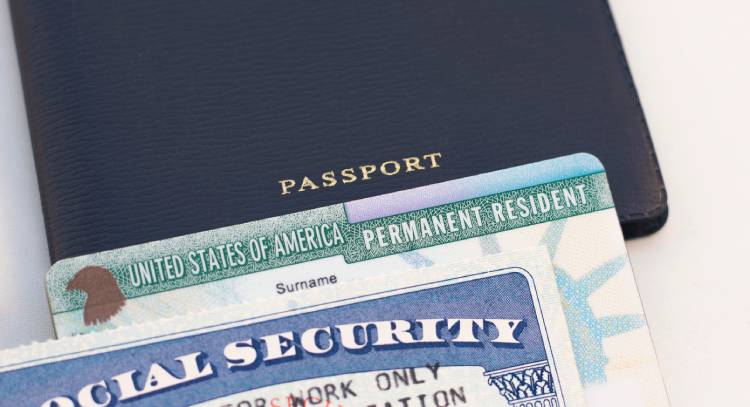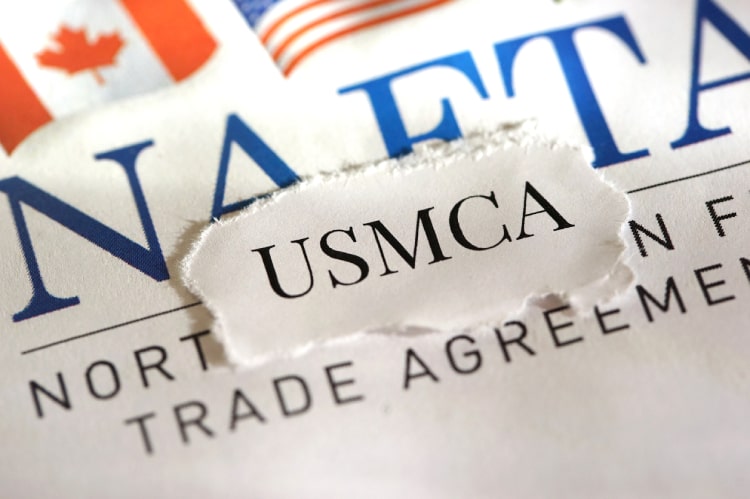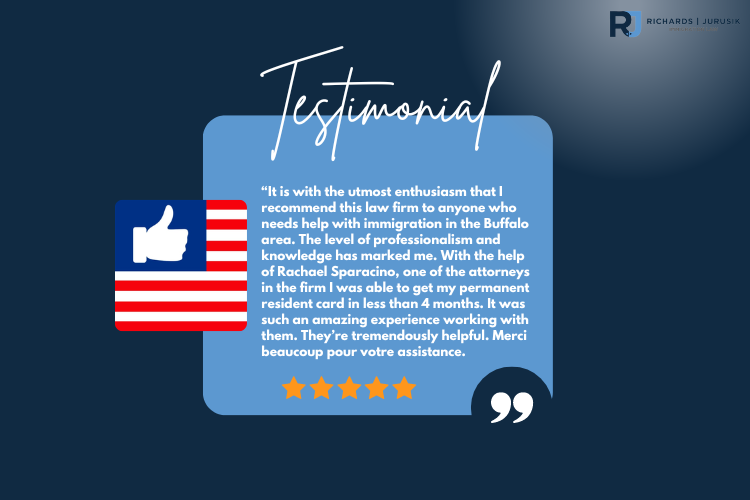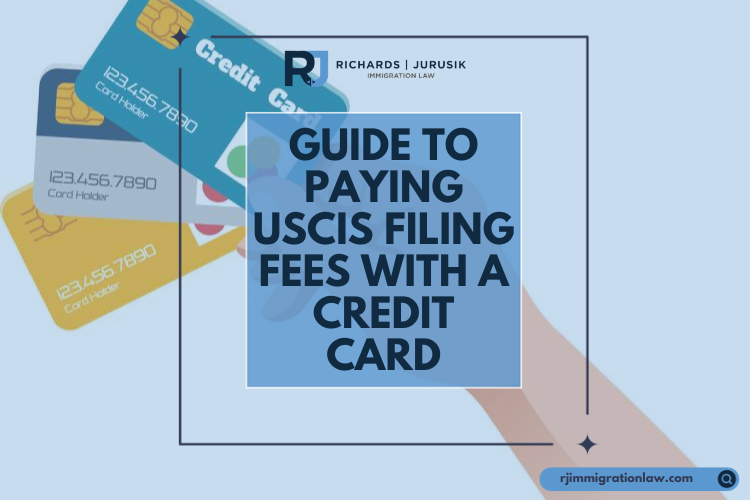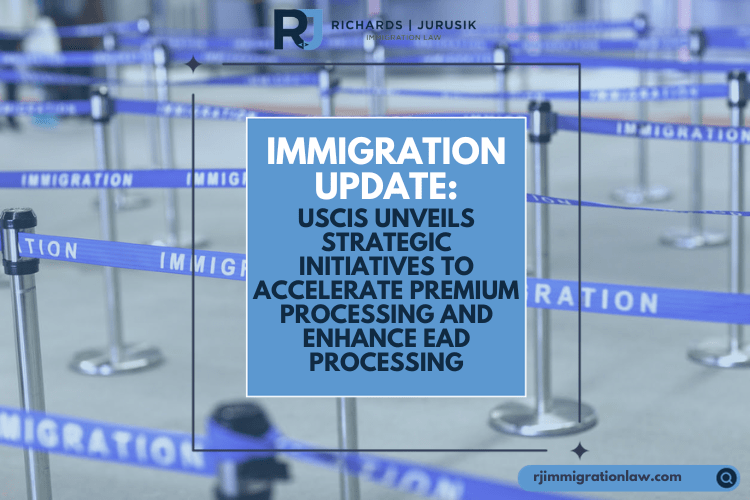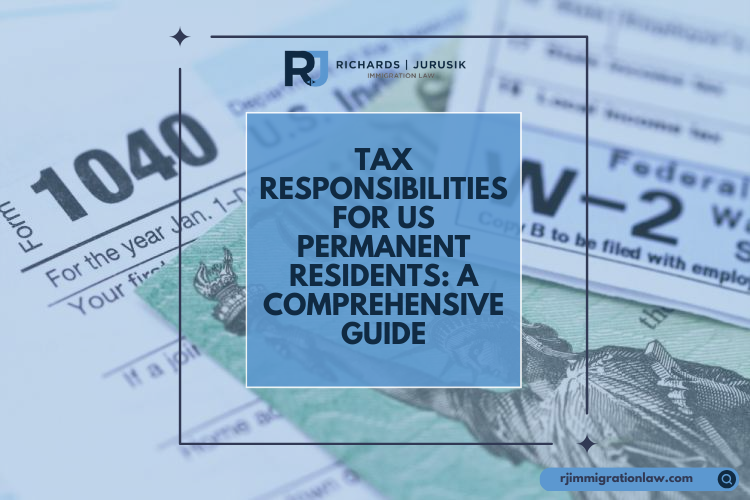Securing employment in the U.S. involves navigating through various pre-employment inquiries, especially for foreign professionals. These questions are pivotal for employers to gauge their immigration and sponsorship responsibilities. Understanding these inquiries is important for obtaining and maintaining job opportunities in the U.S.
Sponsorship Questions: When “No” Can Be Misleading
A frequent question posed to potential foreign employees is whether they require visa sponsorship or employer assistance to secure or retain work authorization in the U.S. This can confuse foreign workers who are already in the U.S. under a valid visa, leading them to believe they do not require additional sponsorship.
Work visas, such as the H-1B and TN Visas, are position—and employer-specific. A change in employer would require visa sponsorship from the new employer. The existing visa can only be used for the current position and employer. When asked if sponsorship is needed even when already in the U.S. with an H-1B or TN Visa, the answer would be “Yes.”
Analyzing the Visa and Sponsorship Question
Employers often inquire if a candidate needs a visa or employer sponsorship for work authorization. “Employer sponsorship” encompasses visas like H-1B, TN, E-3, and O-1, processes like AC-21, I-140, and I-485 portability, and permanent residency.
- New Employment – For instance, a TN or H1B Visa worker who has been employed under such a visa for years will need new sponsorship, and the new employer must be willing to provide it. This makes a “YES” response to the sponsorship question technically accurate, though potentially misunderstood.
- Changing Employers – For instance, a TN or H1B Visa worker who has been employed under such a visa for years will STILL need new sponsorship, and the new employer must be willing to provide it. This makes a “YES” response to the sponsorship question technically accurate, though potentially misunderstood.
When is “No” the Proper Answer
If you are a U.S. citizen or permanent resident or have a valid employment authorization document (EAD), you can confidently answer “No” to the questions about whether you require sponsorship. However, any other work visa in the U.S. generally involves employer sponsorship.
Conclusion
Understanding pre-employment immigration questions and maintaining transparent communication with potential employers is crucial. This approach helps avoid misunderstandings and protects your rights as an international professional seeking employment in the U.S.
Subscribe to Our Resources Blog
Schedule a Consultation with a Canadian Immigration Lawyer


